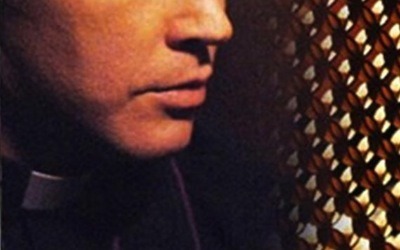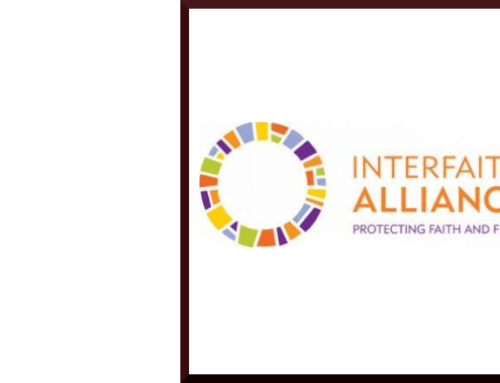
In 2008, a fourteen-year-old girl alleges that she told her parish priest that she was being abused by a now-deceased lay member of their parish. The girl alleges the disclosures came during the Sacrament of Confession. Now her parents are suing the priest, and the Diocese of Baton Rouge, for failing to report the alleged abuse. The State’s Supreme Court has ruled that the priest, Fr. Jeff Bayhi, may be compelled to testify as to whether the Confessions took place, and if so, what the contents of any such Confessions were.
Confession is one of the most sacred rites in the Church. The Sacrament is based on a belief that the seal of the confessional is absolute and inviolable. A priest is never permitted to disclose the contents of any Confession, or even allowed to disclose that an individual did seek the Sacrament. A priest who violates that seal suffers automatic excommunication from the Church.
As a result of this ruling Fr. Bayhi may now have to choose between violating his sacred duty as a priest and being excommunicated from the Church, or refusing to testify and risk going to prison. The Diocese said Fr. Bayhi would not testify.
The First Amendment of the U.S. Constitution protects the free exercise of religion. Just as government cannot compel anyone to follow a particular religion, it likewise cannot prevent anyone from exercising the tenets of his faith. By deciding that Fr. Bayhi must choose between his faith and his freedom, the Louisiana Supreme Court has endangered the religious liberty of all Americans.
The Catholic League supports Fr. Bayhi and the Diocese of Baton Rouge in their quest for a reversal of this ruling, and a recognition that clergy cannot be forced to violate their faith.







